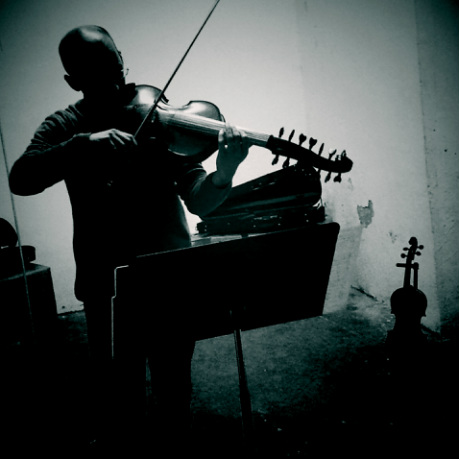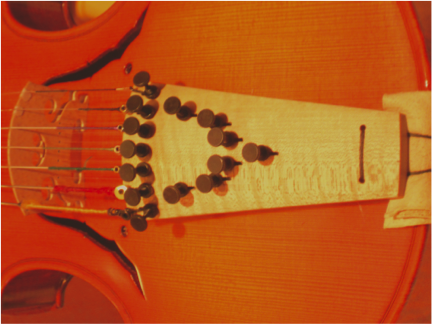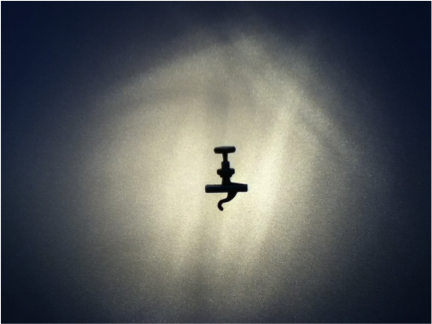|
Marco Fusi, violinist, violist and viola d'amore player, has studied with Dimitrios Polisoidis, Ernst Kovacic and Jeanne-Marie Conquer.
Marco has performed with conductors and soloists including Pierre Boulez, Lorin Maazel, Peter Eötvös , Beat Furrer, Susanna Mälkki, Vladimir Ashkenazy, Gustav Kuhn, Jürg Wyttenbach, Jean Deroyer, and Marco Angius. He has premiered new works by composers Castiglioni, Eötvös, Sciarrino, Vacchi, and Cattaneo, among others. Marco has had the opportunity to perform concerts in renowned halls such as the Muziekgebouw in Amsterdam, Auditorium Parco della Musica in Rome, KKL Konzertsaal in Lucerne, Beyond Baroque in Los Angeles, Experimental Intermedia in NYC, Tchaikovsky Concert Hall in Moscow, and the Béla Bartók Concert Hall in Budapest. Marco has collaborated with Ensemble Algoritmo (Rome), Interface (Frankfurt), Proton (Bern), Linea (Strasbourg), Phoenix (Basel), l’Arsenale (Treviso), MotoPerpetuo (NYC), Ecce (Boston), Handwerk (Köln). His complete recording of John Cage’s Freeman Etudes was released by Stradivarius; he has been invited to present this project, giving concerts, masterclasses and lectures at University of Southern California, Columbia University, Arizona State University, Basel Musikhochschule, University of Chicago. Marco was a member of Lucerne Festival Academy from 2007 to 2012, under the artistic and musical direction of Pierre Boulez. |
the viola d'amore
Since the seventeenth century, the viola d'amore has not played a major role in any great musical current. Recently, though, it has been revitalized through the initiatives of performers such as Marco Fusi. Works have been commissioned from major composers such as Georg Friedrich Haas, Olga Neuwirth, Klaus Huber and some others, providing precedence for a project of these sorts.
The viola d'amore typically has seven strings (sometimes six) and seven sympathetic resonating strings. Unlike the traditional string instruments, up to three strings can be played and sustained simultaneously. The greatest attraction of contemporary composers is however probably that due the little general use of the viola d'amore no standard tuning has been established, so that every composer can choose his/her own tuning both for the strings and the sympathetic strings. To perfect this fine tuning Mr. Fusi has on his viola d'amore a custom-made tailpiece, which allows for exact tuning of all fourteen strings. |













